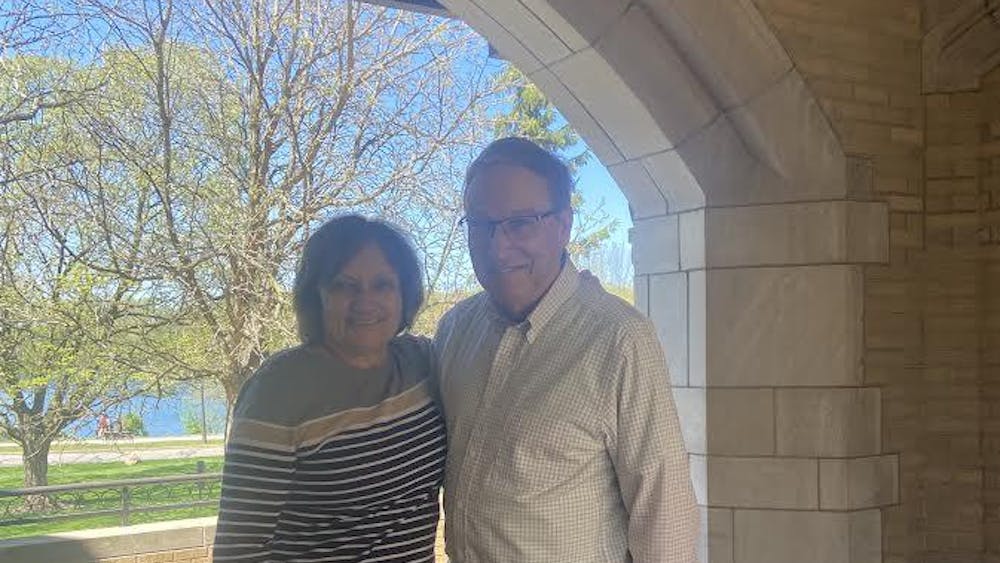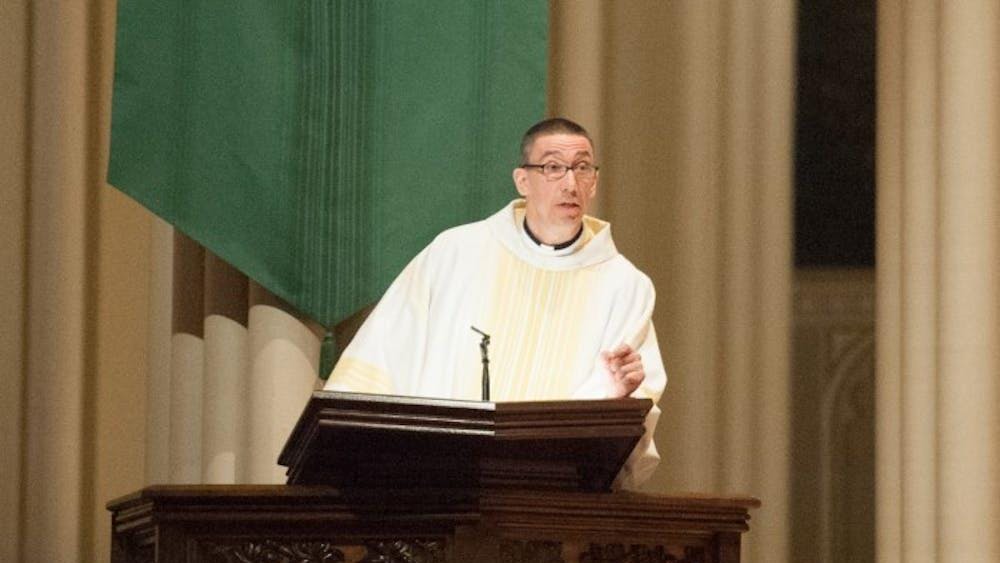International theologian Dr. Kwok Pui Lan delivered the 26th annual Madeleva Lecture, titled "The Future of Interfaith Dialogue," Thursday in the Carroll Auditorium. The lecture was sponsored by the Center for Spirituality.
Kwok, a professor of Christian Theology and Spirituality at Episcopal Divinity School in Cambridge, Mass., discussed the development of interfaith dialogue through a refocusing of the approaches to interfaith issues of religious communities and politicians in a post-secular world.

She also addressed the role of colonization and missionary movements in forging interfaith relations and the impact of women on interfaith discussions.
"As women, we need to testify," Kwok said."Since I was a teenager, I heard the Gospel differently."
Kwok said interfaith dialogue is a crucial component in achieving world peace, but that the goal is impossible to achieve if the world does not recognize the religious beliefs of people in Third World countries.
She said faith must be integrated into people's daily lives.
"Faith can never be separated from other parts of life," Kwok said.
Diminishing the influence of Christianity and recognizing the other six major world religions — Judaism, Islam, Confucianism, Buddhism, Hinduism and Shintuism — is crucial to fostering constructive interfaith dialogue, Kwok said.

She said members of each faith must recognize that the major questions change from, "How can we talk with people previously termed ‘heathens?'" to "How are we going to work with our religious neighbors in [the] midst of poverty, war and violence?"
Kwok added that current general attitudes about interfaith dialogue indicate a positive transition. She said the common phrase, "I am spiritual, but not religious," constitutes a step in the right direction.
This current shift has allowed people to embrace new ways of thinking, such as combining Christianity with Buddhist meditation or Confucian theology. Some people even identify themselves as "recycled Christians," using only the Christian practices they find useful, Kwok said.
She said interfaith dialogue faces a challenge in dealing with the various existing religious hierarchical structures, which makes it difficult to determine who has the power to speak for whom in the discussion.











